Earth news stories
A stunning array of new fungi has been described for the first time on the Polynesian Island.

Helium-3, a rare isotope of helium gas, is leaking out of Earth’s core, a new study reports. Because almost all helium-3 is from the Big Bang, the gas leak adds evidence that Earth formed inside a solar nebula, which has long been debated.
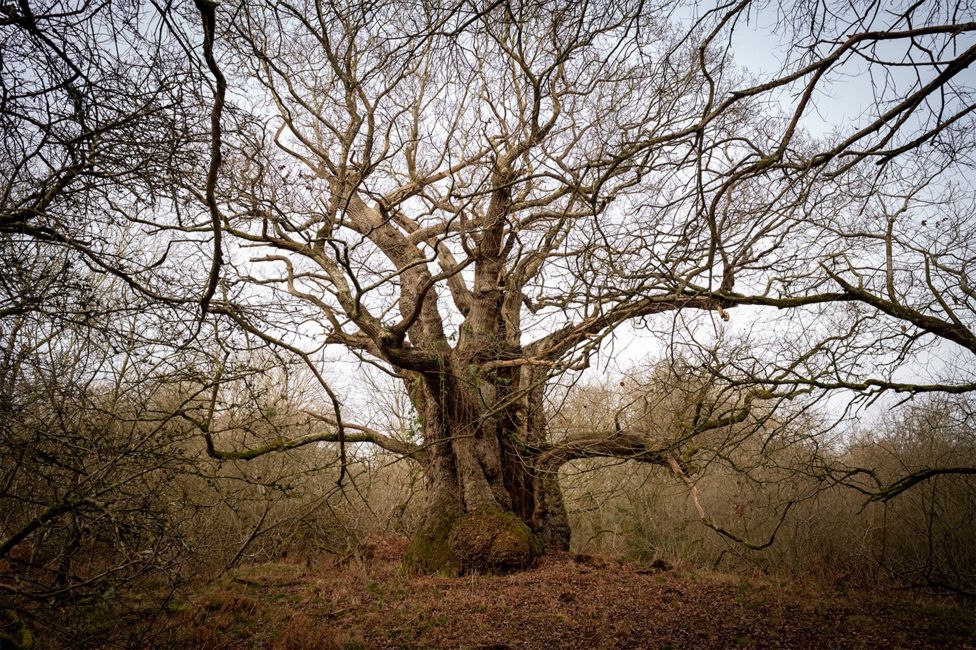
“They’ve lived for so long; just think what they’ve seen.” Forester Nick Baimbridge is gazing fondly at a majestic oak that has stood for more than a thousand years. On this wintry afternoon, birds sing from lichen-covered branches and a deer runs through the undergrowth.
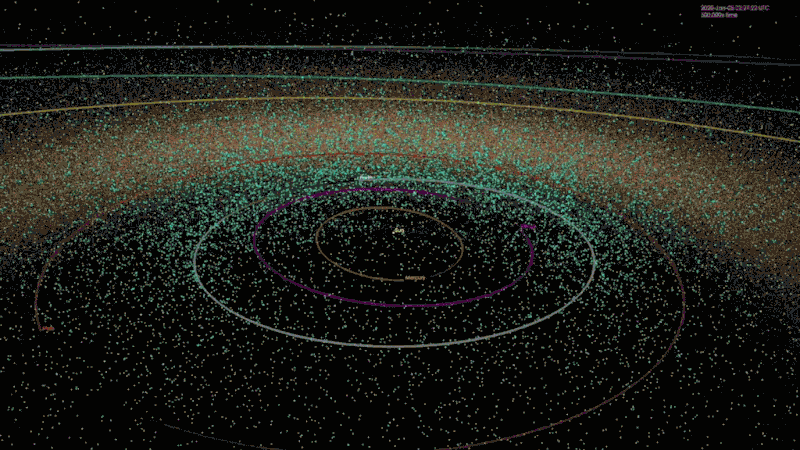
Overnight on March 24-25, 2022, another small asteroid raced toward Earth, unseen until hours before its closest approach.

According to calculations made a few years ago by University of Portsmouth physicist Melvin Vopson, this literal mass of visual imagery – along with half a billion tweets, countless texts, billions of WhatsApp messages, and every other bit and byte of information we’ve created – could be making our planet a touch heavier.
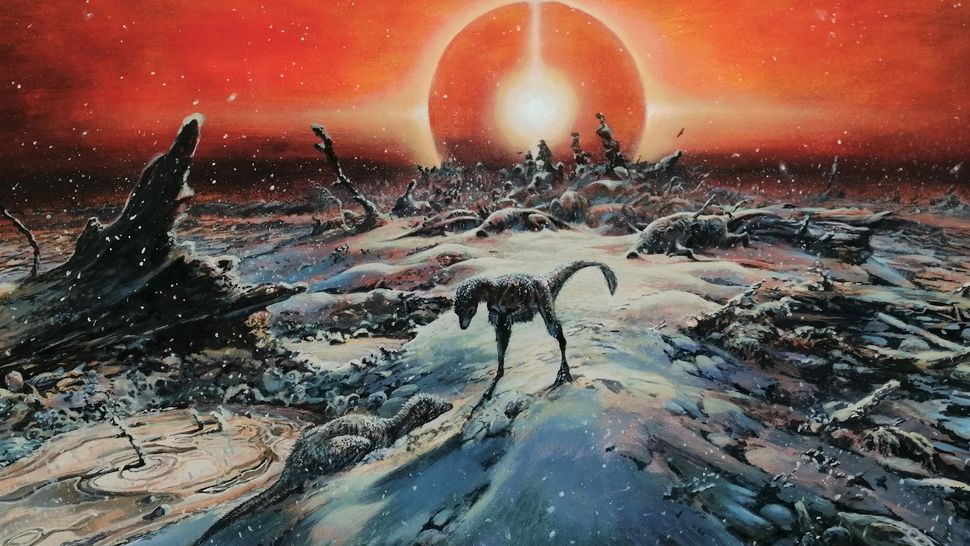
When the dinosaur-destroying asteroid collided with Earth 66 million years ago, massive amounts of sulfur — volumes more than were previously thought — were thrown high above land into the stratosphere, a new study finds.

As the full Moon rises, so too does the Northern black swift (Cypseloides niger borealis). When this little bird migrates from the Rocky Mountains to the Amazon rainforest, researchers have found it uses moonlight to regain its energy.

While the Conservative party’s proposed dash for wind power is good news for the climate it could be bad news for archaeology, with rapid offshore windfarm development sealing off access to some of the best-preserved and most complete evidence of early human communities in the world.
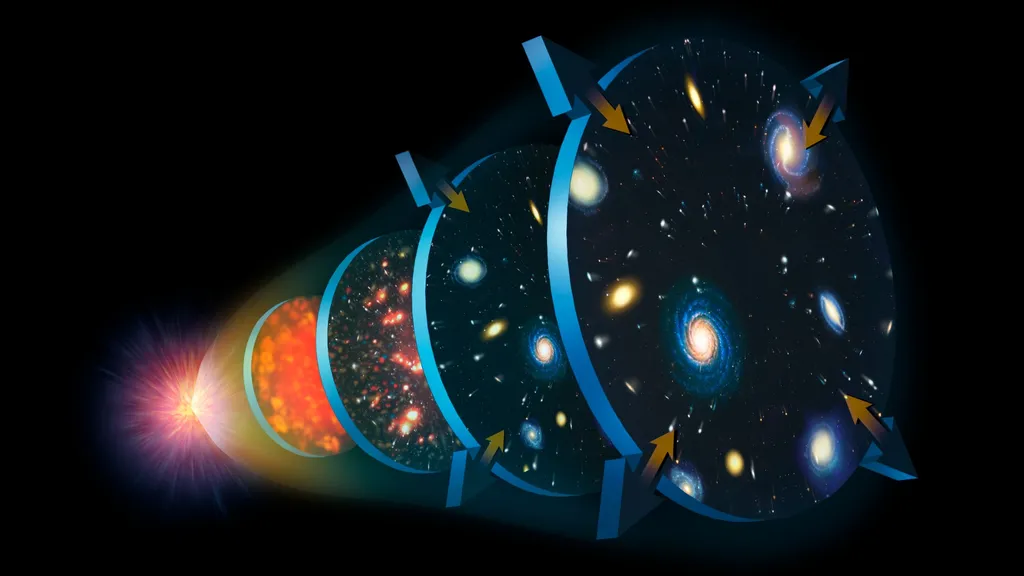
A wild new theory suggests there may be another “anti-universe,” running backward in time prior to the Big Bang.
Evidence suggests surface minerals of outer main-belt asteroids, proposed to have sourced building blocks of Earth’s water and life, are only stable at low temperatures. These asteroids formed in distant orbits and may help explain Earth’s composition

New date of 58 million years undercuts idea that strike triggered recent 1000-year plunge in temperatures.
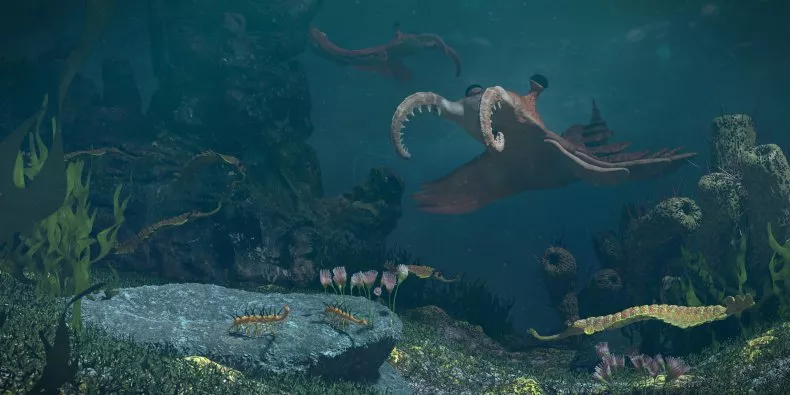
Scientists discovered traces of carbon—the element on which life on Earth is based—that appear to have come from the Cambrian Explosion.

There is a scientific reason that humans feel better walking through the woods than strolling down a city street, according to a new publication from UO physicist Richard Taylor and an interdisciplinary team of collaborators.
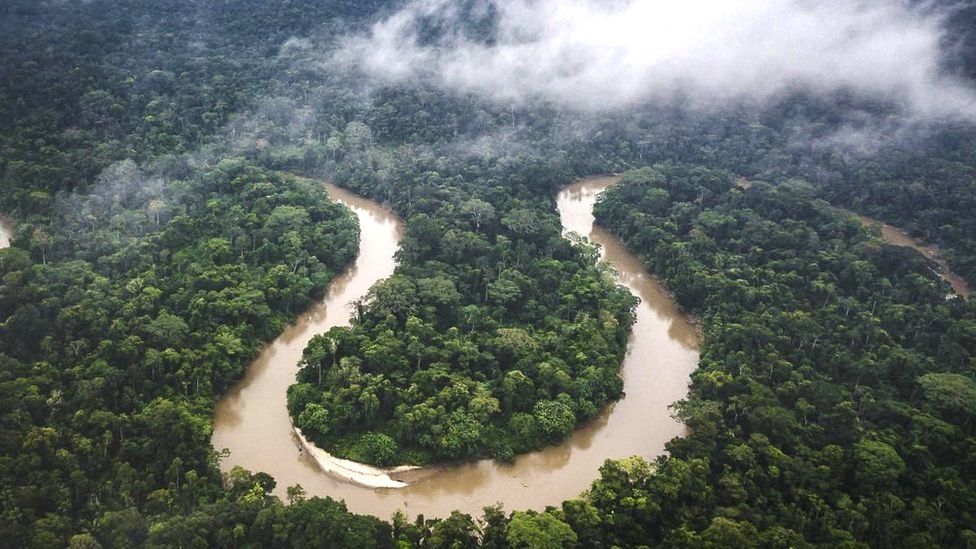
A study suggests the world’s largest rainforest is losing its ability to bounce back from damage caused by droughts, fires and deforestation.

People have been trying to understand how predators and prey are able to stay balanced within our planet’s ecosystems for at least 2,400 years. The Greek author Herodotus even raised the question in his historical treatise Histories, written around 430 BC.
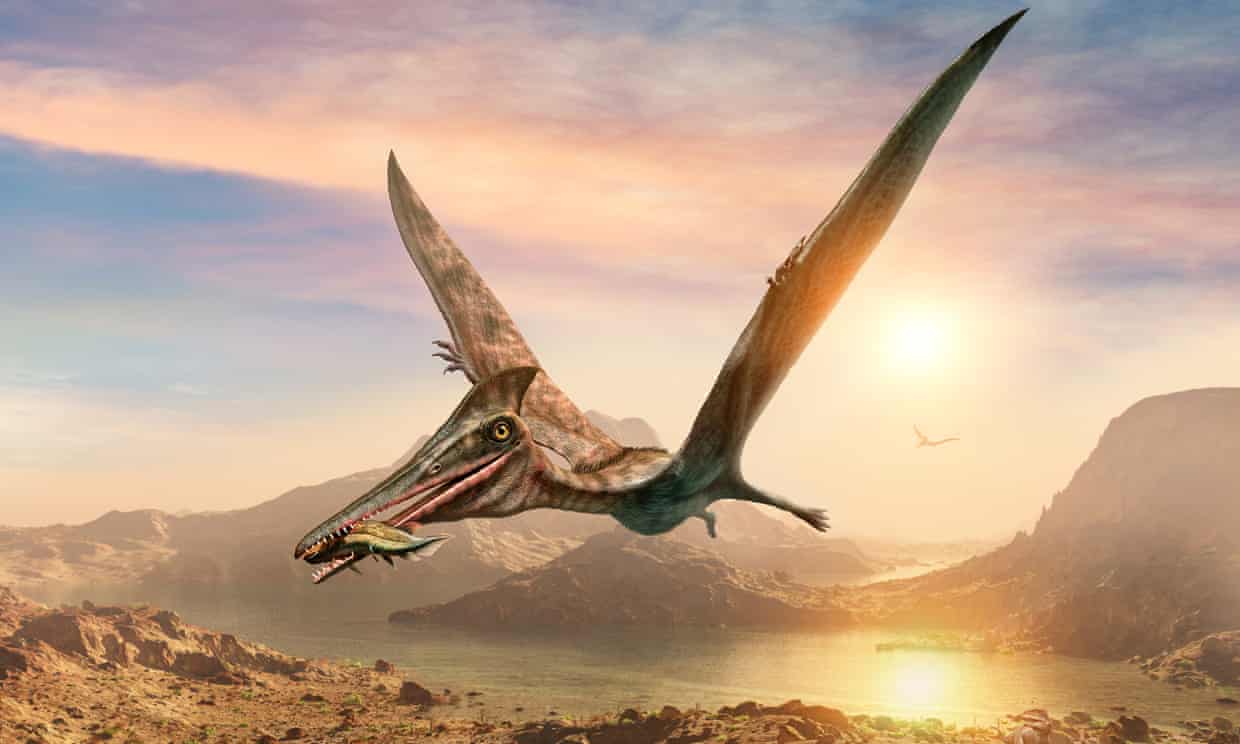
It might be best known today for its otters and puffins but 170m years ago the Isle of Skye was home to an enormous flying reptile with a wingspan bigger than a kingsize bed, researchers have revealed.








